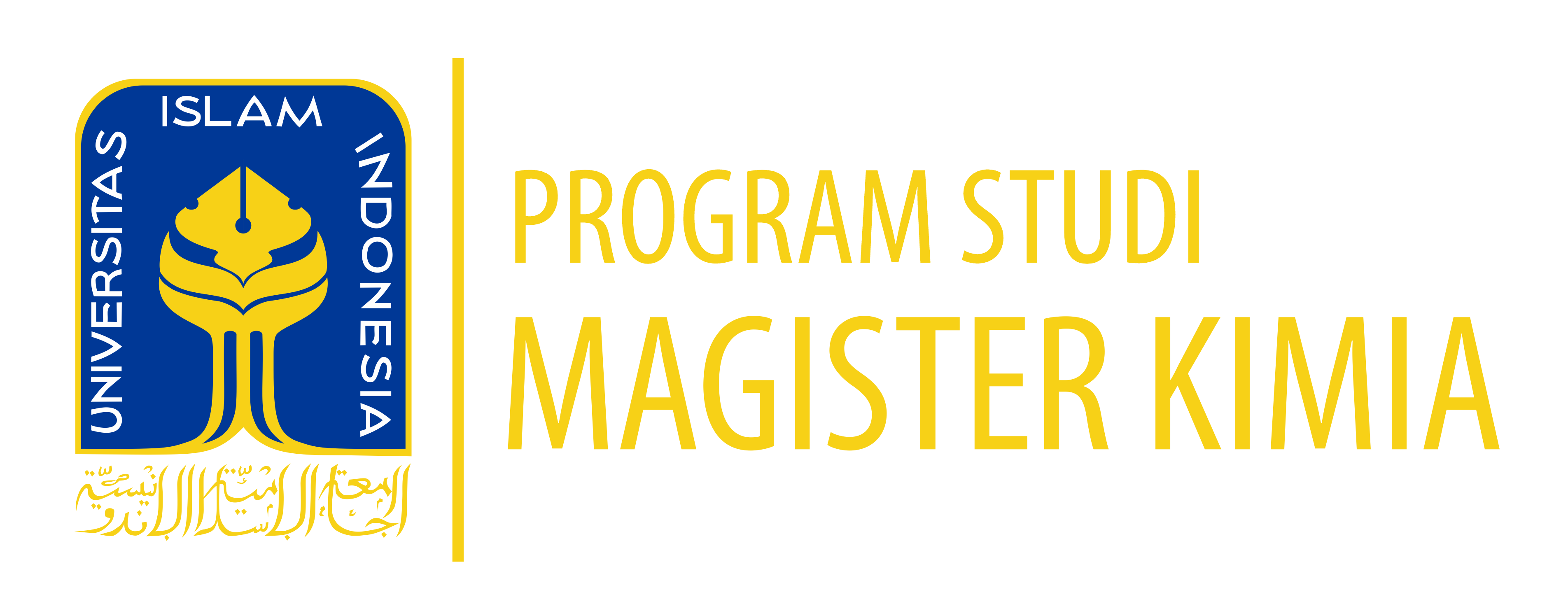The MCSP Students Participate in the Studium Generale of All Masters, Doctoral, and Professional Programs at the Islamic University of Indonesia
The Islamic University of Indonesia (UII) held a Public Lecture XIII with the theme of a New Islamic Vision for Advanced Indonesia on Saturday, October 30, 2021, online. The routine agenda that was held for UII Doctoral, Masters, and Profession Program students this time presented Sukidi, Ph.D., as a Diversity Thinker as the speaker.
Opening the public lecture, UII Chancellor Prof. Fathul Wahid, S.T., M.Sc., Ph.D. in his speech, expressing hostility in the name of religion, regardless of religion, is unacceptable. Perennial religious values should, in fact, lead people to goodness, mutual respect, and peace.
“If there are a small number of religious adherents who tend to be hostile, it is a social fact, and can happen in all religions. However, it is not a valid basis for making blind generalizations,” said Prof. Fatul Wahid.
Another social fact, according to Prof. Fathul Wahid, some people have a different perspective from what other groups imagine. Quoting Huntington (1996) in his book The Clash of Civilization, Islam is associated with “bloody innards” or “bloody borders”.
Further explained by Prof. Fathul Wahid, a survey conducted by the Pew Research Center (Lipka, 2017) provides a more recent picture of how the attributions that tend to be negative towards different groups are real. “The survey conducted in countries with a majority Muslim population, Westerners are perceived as selfish, brutal, greedy, immoral, arrogant, and fanatical,” said Prof. Fatul Wahid.
“On the other hand, Westerners give Muslim attributions; fanatical, honest, brutal, generous, arrogant, and selfish. The combination of attributes that are not uncommon and difficult to imagine to blend with harmony, “explained Prof. Fatul Wahid.
Prof. Fathul Wahid added that the history of Islam has no correlation with conflict as agreed by Fuller (2010), a former CIA leader, which is recorded in his book A World without Islam.
“Hypothetically, in a discussion at the Rumi Forum, an institution set up in Washington DC for interreligious and intercultural dialogue, Fuller stated that even if Islam and the Prophet Muhammad had never existed, relations between the West, especially the United States, and the Middle East would be no different. far,” explained Prof. Fatul Wahid.
Therefore, according to Prof. Fathul Wahid, revitalizing the role of religion is now becoming increasingly important, when the facts on the ground require a more sophisticated explanation.

Diversity Thinker, Sukidi, Ph.D. in the General Lecture, he emphasized that the negative behavior of some Muslims in Indonesia has closed the identity of Islam as a religion that advocates peace.
Sukidi quotes the Egyptian Islamic Reformer Muhammad Abduh: “al-islamu mahjubun bil muslimin/Islam is closed by Muslims,” to describe the various problems that plague Muslims such as hate speech, corruption, discrimination, and others. In other words, the light of Islam’s beauty is obscured by the bad behavior of Muslims which does not reflect its noble teachings at all.
As a Muslim, said the Doctor of Islamic Studies from Harvard University in the United States, the ummah may be proud of the majority of its followers, but that fact must be accompanied by positive contributions that are able to mobilize the ummah to bring progress, become protectors, guarantee harmony and harmony in society. .
In addition, Sukidi also highlighted the importance of a new vision of Islam that became a guide for Islamic reform as well as giving clear directions to Muslims in living life in a pluralistic country like Indonesia.
Sukidi’s new vision of Islam is Islam as the Religion of Diversity, Islam as the Religion of Unity, Islam as the Religion of Equality, Islam as the Religion of Freedom, and Islam as the Religion of Humanity. Sukidi assessed that these five new visions of Islam are very important to be pressed into every Muslim’s heart so that it becomes an awareness that animates every behavior of a Muslim.
Summarizing his speech, Sukidi said, if the people live the spirit of Islam above, he believes that the Indonesian nation will move forward and provide prosperity for its citizens. “We have to improve starting today so that pride as the largest people is directly proportional to the progress of the people and nation,” said Sukidi. (MRS/RS)
Source (https://www.uii.ac.id/visi-baru-islam-untuk-indonesia-maju/)



